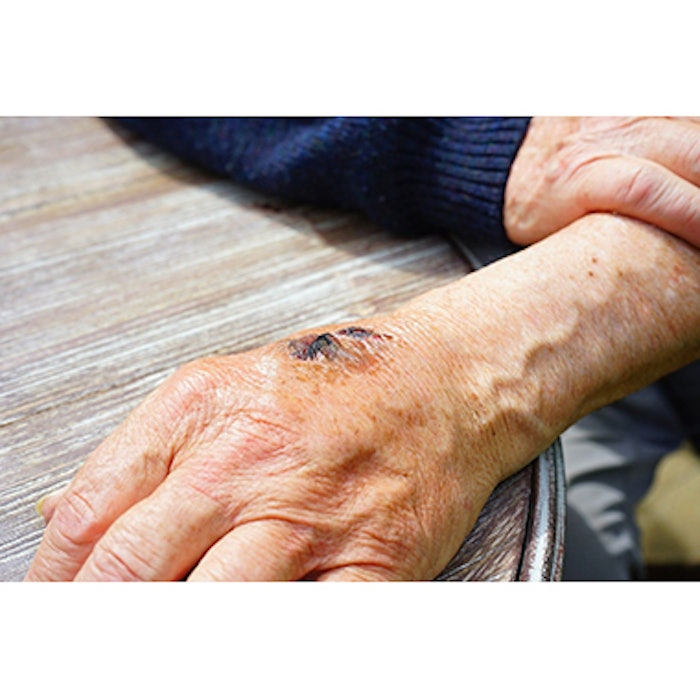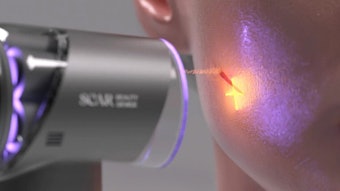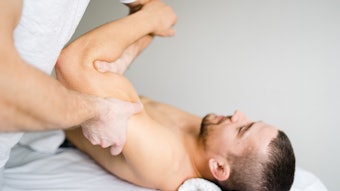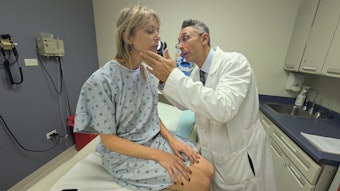
A new study, published in the July 2020 issue of Lasers in Surgery and Medicine, found that ultrapulsed CO2 laser debridement is more effective than traditional surgical debridement in the care of chronic wounds.
For “Evaluation of the Efficacy of Ultrapulsed CO2 Laser in Chronic Wounds,” Hong Yan, MD, director of plastic and burn surgery at the Affiliated Hospital of Southwest Medical University, randomized 47 patients with chronic wounds into two groups: traditional sharp instrument debridement (RT) or ultrapulsed CO2 laser debridement (LT). The wound healing rate and the total time to achieve healing were significantly better in the LT group than the RT group at 7, 14, 21 and 28 days after treatment. The wound exudation scores were significantly higher in the LT group versus the RT group at 7, 14 and 28 days after treatment. The positive rate of pre‐debridement bacterial culture was significantly lower in the LT group versus the RD group at 14 and 28 days after treatment. The percentage of wound perfusion/normal periwound skin perfusion was significantly higher in the LT group versus the RT group at 1, 7 and 14 days after treatment.
“Our study found the ultrapulsed CO2 laser can more effectively decrease wound infection rate, promote an increase in wound blood perfusion, and achieve faster wound healing in the treatment of chronic refractory wounds compared with the traditional sharp instrument/surgical debridement,” said Yan.
Read the full manuscript here.











